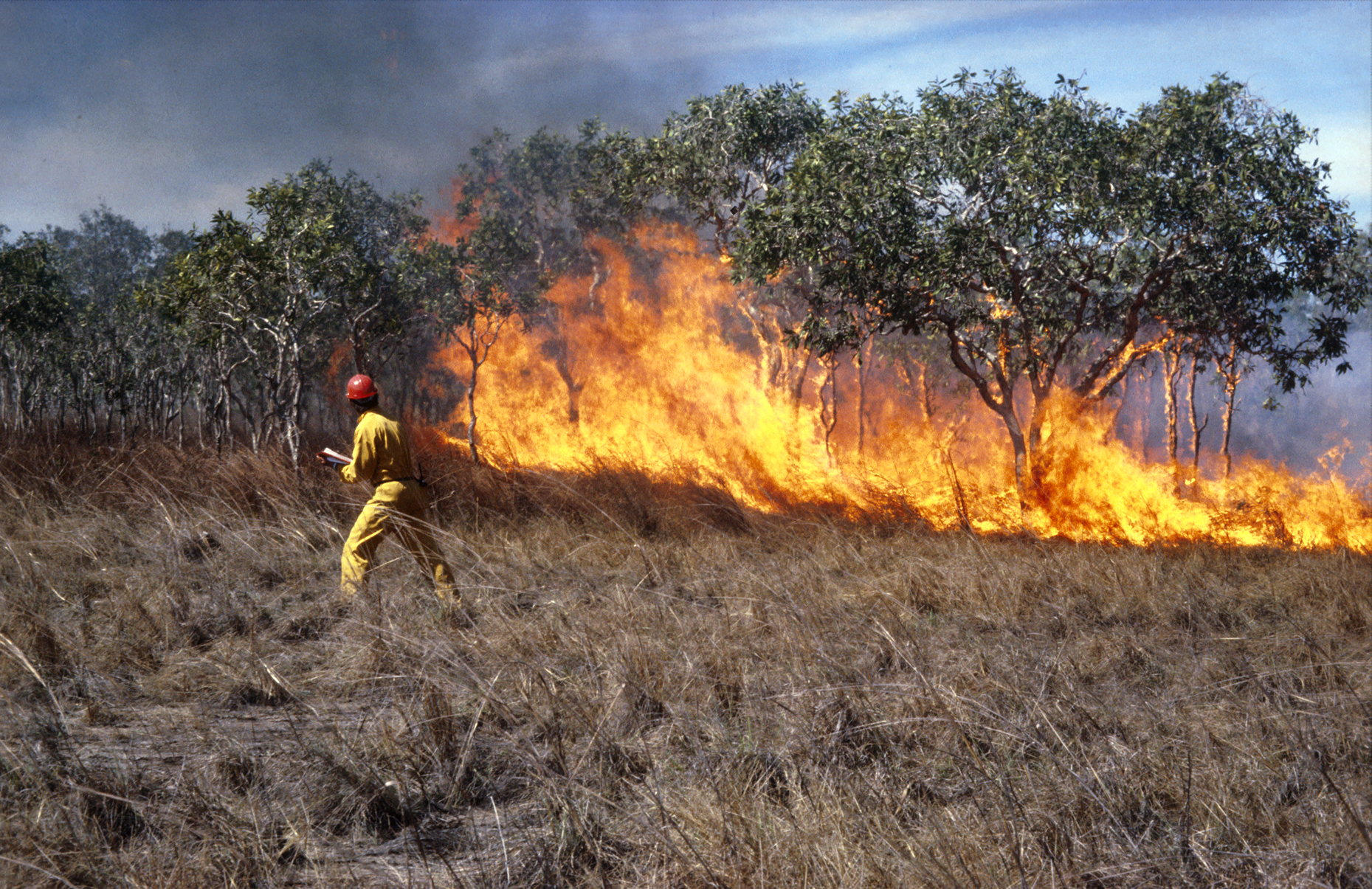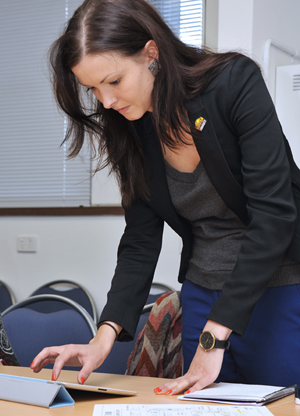By Arwen Cross and Carrie Bengston
LOL cats and celebrities might be our favourite things to talk about on twitter, but would you tweet in an emergency? Some people certainly do. Over in New Zealand the #eqnz hashtag has its finger on Christchurch’s seismic pulse.
We’ve created software tools to analyse Twitter posts and look for emergencies. The software recently gave Queensland fire services an extra 25 minutes’ warning that a grass fire was threatening an outback hospital.
Tweets about the fire emerged well ahead of any official alerts and within minutes, details such as the fire’s location and direction were appearing on Twitter, allowing emergency managers to evacuate the hospital safely.
Our social media scientists help organisations gather information from social media and analyse it to
- detect emergency situations
- explore issues that are important to the community
- look for outbreaks of disease
- manage company reputations
But analysing social media isn’t easy.
“There are 11.5 million Facebook accounts in Australia and over two million Twitter accounts. So analysing social media posts to find relevant information is like looking for a needle in a haystack,” said Mr Alan Dormer, Services Science Leader.
“It’s a classic big data problem. But with our research in data mining, textual analysis and data visualisation, we’re well placed to tackle it,” he said.
Our social media analysis software is helping organisations make sense of massive volumes of social media traffic. The tools are particularly useful because they sort the conversations by topic and they can detect bursts of use on particular words like fire or earthquake.
Prof Allan Fels, Chair of the National Mental Health Commission, said he’s found social media analysis gives his organisation insights into community thinking on mental health and wellbeing.
“We believe mental health and suicide prevention is an issue for all Australians. The CSIRO social media engagement tools help us identify key issues on a daily basis and provide social media reports which are easy to understand and quick to produce,” he said.
The Commission plans to use the software to gauge community response to their report cards on Australia’s mental health issues and services. The first is due out later this year.
And within CSIRO we used our own social media analysis tools to find false claims about coal seam gas research. This allowed us to address the misinformation quickly.
Mr Dormer said the social media analysis tools are being developed with government for government – the Australian Government Department of Human Services being a key partner. Business is also starting to show interest.
“We’ve formed an early adopters group of innovators in government to help us develop the social media tools beyond the prototype stage, trial them in real situations, and give us feedback to make them more useful,” he said.
CeBIT’s Big Data Conference is being held on 31 October to 1 November in Sydney. Alan Dormer will be a panelist at the event.



